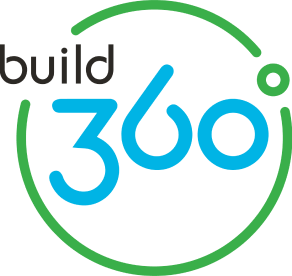

It is imperative that students are fully aware of the circular economy and how it applies to the built environment to empower them to lead the transition over the coming years. This section outlines opportunities to pursue qualifications in this area, undertake research and explore industry best practice.


testing

Digital Deconstruction (DDC) is an innovated Interreg Northwest Europe project, which aims to develop an innovative digital decision support system, integrating various digital tools (3D scanning, Building Information Modelling, a digital materials and buildings database, blockchain technology) to define the most sustainable and economical deconstruction and reuse strategy for building. https://www.nweurope.eu/projects/project-search/digital-deconstruction/#tab-1

The Circular EcoBIM project aims to create a set of BIM based tools to enable a circular construction model. The three tools that are proposed will help architects and building managers to improve the environmental performance and increase the amount of reused, recovered and recycled construction materials.

WOOL2LOOP provides new smart demolition and sorting technologies combined with a novel analysis method for mineral wool waste that enables separating the material based on its suitability for alkali-activation. Geopolymer technology makes it possible to use mineral wool waste as a valuable resource for new ceramic or concrete-type products as pioneered by University of Oulu,

Build-in-Wood is a European funded Horizon 2020 project with the goal of drastically increasing the proportion of timber construction. https://www.build-in-wood.eu/

ProCirc brings together 8 public and 3 private sector organisations that will leverage 30 plus circular procurement pilots with a combined value of €40M to address this. Each pilot aims to reduce 20-25% raw materials, waste, and CO2 emissions. https://northsearegion.eu/procirc/about/

This project aims to increase by +50%, the amount of reclaimed building elements being circulated in its territory by 2032. https://www.nweurope.eu/projects/project-search/fcrbe-facilitating-the-circulation-of-reclaimed-building-elements-in-northwestern-europe/#tab-1

The SCREEN Policy Lab was established in 2017 by the 17 European Regions involved in the SCREEN project and included representatives of the European Commission Directorates concerned about the Circular Economy Action Plan. https://www.screen-lab.eu/

REPLACE has the goal of integrating, deploying, and capitalizing on lessons learnt through the H2020 project SCREEN by engaging policymakers and managing authorities with the common objective of improving Regional Operational Programmes (ROPs) to enhance CE performances, aligning with the European Commission’s Circular Economy Action Plan. https://projects2014-2020.interregeurope.eu/replace/